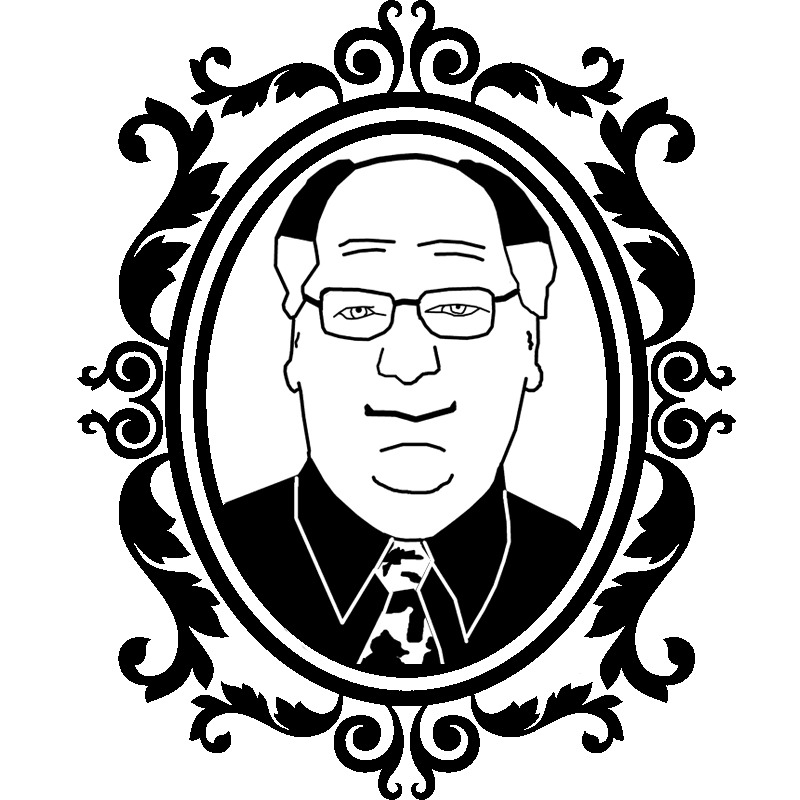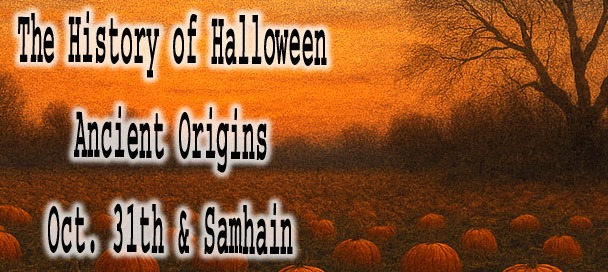🎬 Jack Lemmon: Master of Comedy, Drama, and Everything Between

Jack Lemmon delivering charm and truth on screen.
Jack Lemmon was more than just a leading man—he was a chameleon who brought depth, charm, and razor-sharp timing to every role he touched. Whether playing the lovable everyman or a broken soul on the edge, Lemmon delivered performances that felt achingly real.
Jack Lemmon (1925–2001) was an American actor whose chameleon-like brilliance and sharp timing made him a rare blend of comic warmth and profound vulnerability. He broke through in Mister Roberts (1955) and delivered timeless turns in Billy Wilder classics like Some Like It Hot (1959) and The Apartment (1960). Lemmon's depth shone in dramatic work—he won the Best Actor Oscar for Save the Tiger (1973) and earned acclaim in The China Syndrome (1979)—yet he stayed just as potent in heartfelt comedies like Grumpy Old Men (1993). Over a career spanning nearly five decades, he became one of screen acting’s most trusted names—an actor whose presence felt instantly human and unforgettable.
Audiences first fell in love with his lighthearted flair for comedy, but it was his ability to shift seamlessly into serious drama that made him a true legend. He wasn’t just acting—he was revealing something deeply human every time he appeared on screen.
Collaborators respected him. Co-stars adored him. Directors trusted him with their most complicated roles. From laugh-out-loud farces to haunting tragedies, Jack Lemmon never coasted—he worked. And that work left a legacy unmatched in range or sincerity.
His name became synonymous with quality. When you saw “Jack Lemmon” on a movie poster, you knew it was worth your time.
He played everyman with soul—funny, broken, hopeful, human—and that honesty is what lingers long after the credits roll.
👶 Early Life
Jack Lemmon was born John Uhler Lemmon III on February 8, 1925, in Newton, Massachusetts. Raised in a privileged household, his father was the president of a doughnut company, and young Jack attended the prestigious Phillips Andover Academy before enrolling at Harvard University. Though his path could have led to business or politics, Lemmon’s heart was always drawn to the stage.
At Harvard, he sharpened his natural comedic instincts through musical theater and performance, even serving as president of the Hasty Pudding Club—Harvard’s iconic theatrical society. He graduated with honors but left with something even more valuable: a clear sense of purpose as an entertainer.
Following his service in the U.S. Navy during World War II, Lemmon headed to New York City, determined to make it in show business. He started with radio work and small television appearances, gradually building a name for himself as a reliable and likable performer.
That mix of boyish charm and dramatic sincerity caught the attention of Hollywood in the early 1950s—and once the cameras started rolling, Jack Lemmon’s rise to stardom was swift and undeniable.
Explore the Biographies of Iconic Celebrities
🎬 Film & Television Career
Jack Lemmon’s Hollywood breakthrough came in 1955 with Mister Roberts, where he played the quirky Ensign Pulver alongside Henry Fonda and James Cagney. The performance earned Lemmon his first Academy Award—for Best Supporting Actor—and launched him into leading man territory almost overnight. His comic instincts were razor-sharp, but it was his ability to infuse humor with vulnerability that made audiences connect with him on a deeper level.
The following decade brought iconic collaborations with director Billy Wilder, resulting in unforgettable performances in Some Like It Hot (1959) opposite Marilyn Monroe and Tony Curtis, and The Apartment (1960) alongside Shirley MacLaine. These films cemented Lemmon’s reputation as a comedic genius with dramatic depth, both of which were essential to Wilder’s complex, emotionally layered scripts.
Throughout the 1970s and '80s, Lemmon leaned more heavily into dramatic roles, with powerhouse performances in Save the Tiger (1973)—which won him the Academy Award for Best Actor—and The China Syndrome (1979) opposite Jane Fonda and Michael Douglas. His ability to reflect inner conflict with subtle expression made him a standout in socially conscious films.
Lemmon’s career came full circle in the 1990s when he paired with longtime friend and fellow legend Walter Matthau for a string of box office hits, including Grumpy Old Men (1993). Together, they redefined the buddy comedy for a new generation, proving Lemmon’s staying power across genres and decades.
In 1997, Jack Lemmon starred in the critically acclaimed remake of 12 Angry Men, portraying Juror #8—the lone voice of reason in a room full of prejudice and doubt. Sharing the screen with a powerhouse cast that included George C. Scott, James Gandolfini, Hume Cronyn, and Courtney B. Vance, Lemmon brought quiet authority and moral clarity to the role originally played by Henry Fonda. The television film earned multiple Emmy nominations and introduced a new generation to the enduring power of courtroom drama and character-driven tension.
😂 Laugh Out Loud with the Grumpy Old Men Double Feature
Jack Lemmon and Walter Matthau reunite in this delightful double feature, bringing their legendary comedic chemistry to the forefront in two timeless films.

Jack Lemmon and Walter Matthau headline the Grumpy Old Men comedy double feature.
In Grumpy Old Men, lifelong neighbors and rivals John Gustafson (Lemmon) and Max Goldman (Matthau) find their icy feud heating up when the enchanting Ariel Truax (Ann-Margret) moves into their snowy Minnesota town. The antics continue in Grumpier Old Men as the grumpy duo's love-hate relationship is tested further with new romantic entanglements and the arrival of Maria Ragetti (Sophia Loren).
These heartwarming comedies explore friendship, love, and the hilarity that comes with aging, all set against the charming backdrop of Wabasha, Minnesota. The films also feature stellar performances by Ann-Margret, Ossie Davis, Burgess Meredith, Daryl Hannah, and Kevin Pollak, adding depth and laughter to the ensemble.
This special edition double feature includes both films in widescreen format, allowing you to enjoy every comedic moment in crisp, clear detail.
🕊️ Later Years
In his later years, Jack Lemmon focused on roles that reflected wisdom, regret, and the quiet dignity of aging. He continued to challenge himself with nuanced characters, earning critical acclaim for performances in Glengarry Glen Ross (1992), where he played the desperate Shelley Levene alongside Al Pacino, Ed Harris, and Kevin Spacey. The film’s raw intensity showed Lemmon’s ability to hold his own among a powerhouse ensemble.
One of his final standout performances came in Tuesdays with Morrie (1999), an emotional TV adaptation of the bestselling memoir by Mitch Albom. Playing the terminally ill Morrie Schwartz, Lemmon offered a career-capping portrayal that was both gentle and devastating. The role earned him an Emmy and reminded audiences why he had remained a beloved figure for over five decades.
His final film appearance was in The Legend of Bagger Vance (2000), where he provided the voiceover narration. Though small, the part served as a graceful exit from a career built on authenticity. Lemmon passed away in 2001, leaving behind not just films, but feelings—ones that audiences still carry with them long after the credits roll.
🏆 Legacy
Jack Lemmon’s legacy is one of unmatched versatility, emotional honesty, and a tireless commitment to craft. He wasn't just a movie star—he was an actor's actor, revered by peers and beloved by audiences across generations. From slapstick charm to soul-crushing drama, Lemmon could do it all without ever losing the human core of his characters.
He helped redefine what a leading man could be—flawed, funny, frightened, or furious—and made audiences root for him every step of the way. His collaborations with Walter Matthau alone created an entirely new blueprint for the buddy comedy genre, influencing countless duos who followed.
But more than the awards and accolades, Lemmon left behind a body of work that feels alive even today. His performances still breathe, still break your heart, still make you laugh out loud. Whether in a black-and-white courtroom or a snow-covered fishing town, Jack Lemmon didn’t just act—he connected.
His name remains a mark of quality, and his films are more than entertainment—they're invitations to feel.
🗣️ Why They Still Matter
Jack Lemmon endures because he made acting feel alive. Whether undercutting a joke with emotional weight or letting grief echo in a look, he captured what it means to be human. His legacy lives in performances that still make us both laugh and ache, reminding actors what depth and honesty truly are.
Further Reading & Resources
📖 Read: Jack Lemmon Biography – Classic Movie Hub
🔍 Explore: Jack Lemmon Film Highlights – Reel Classics

ML Lamp is the owner of Kilroy Was Here. After his 20 years of working in Las Vegas in the entertainment promotions field, Mr. Lamp retired in 2002 from his job to pursue his passion for collectibles. Now as a guest speaker and author he’s living the dream, and sharing his warmth with You.





